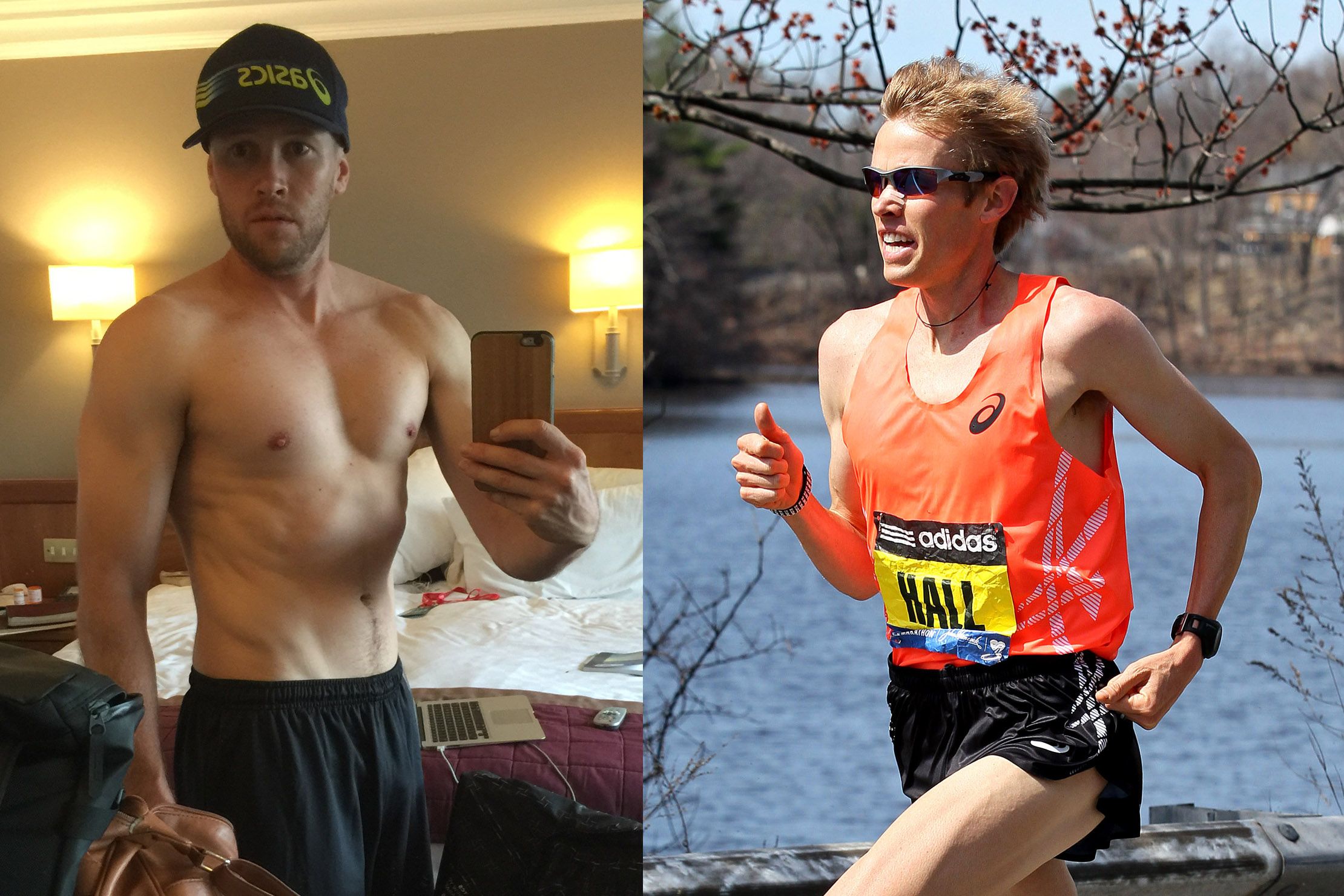That is true if you want to run a time you'll be happy with. If you only want to finish a marathon, the training isn't nearly as bad. All you need is that 1 long run on the weekend, but it's still far more time and effort than is required to run a half. I haven't run one in 10 years and am physically in a place where my body wouldn't survive the training necessary to run a time that would satisfy me, i.e. qualify for Boston with enough time to spare that I would be eligible for the earlier registration window (i.e. beat your qualifying time by 5+ minutes). Otherwise, you register with all the others who barely qualified, and the race probably sells out almost instantly.
My last marathon qualified me for Boston, but I lacked the disposable income to enter at that time. It didn't matter since my health started going south right after I qualified. I consistently logged 50+ miles a week in the 4 months leading up to that qualifying effort using a plan I drew up myself (biggest week was 74 mi.) and had done a lot of base mileage prior to that 4-month training period. No way I could handle that workload now. Things start to go south if I exceed 40 miles per week, and I have to space my harder efforts out so much that they can't build toward anything. That won't cut it toward running a good marathon.




